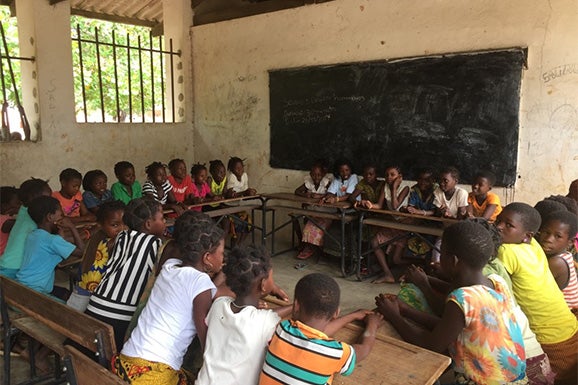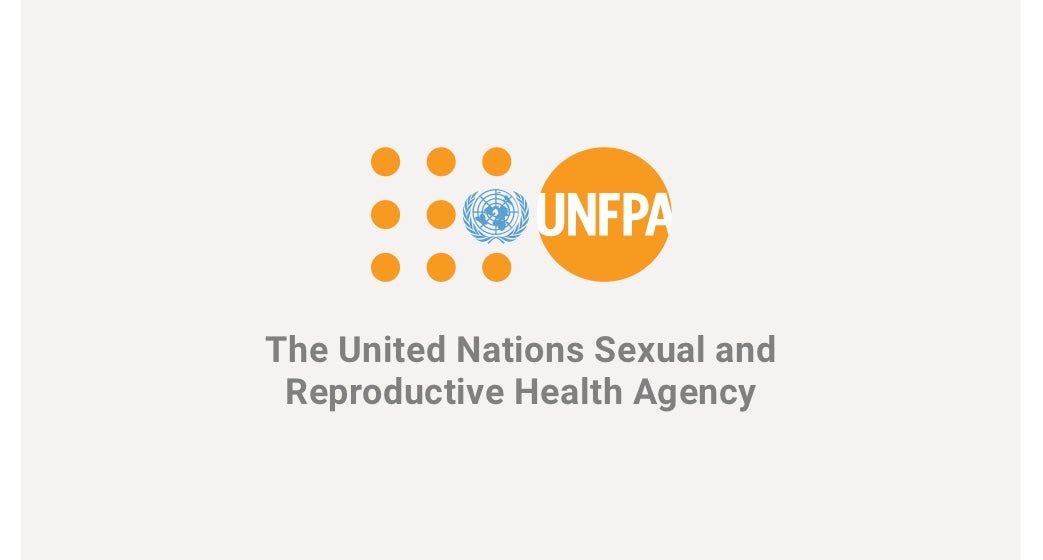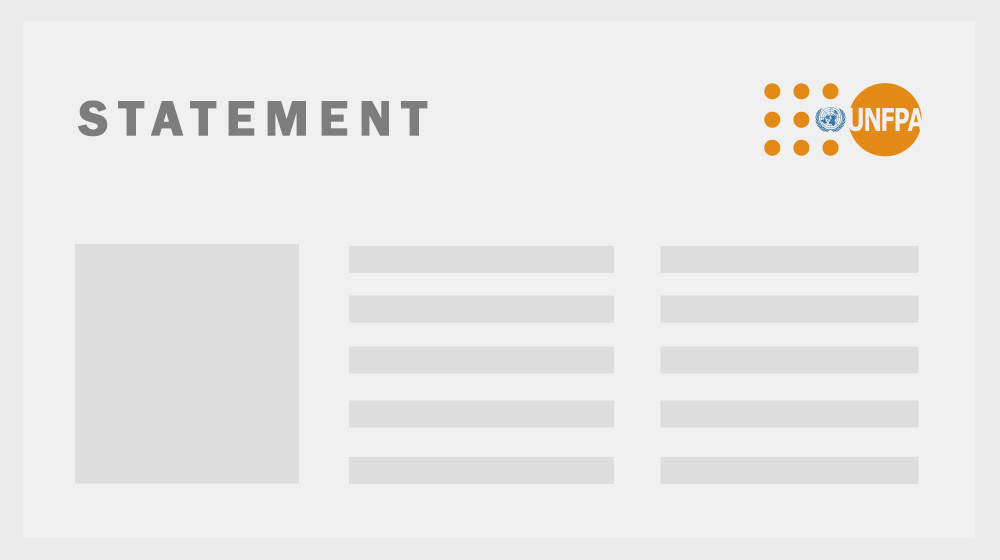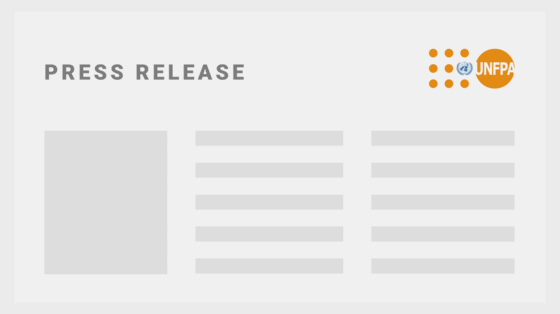UNFPA-UNICEF Global Programme to End Child Marriage

The challenge
The adolescent girls at greatest risk of early marriage are often those hardest to reach. They come from poor families, marginalized groups or rural areas. They are also more likely to be out of school than their unmarried peers, robbed of the opportunity to thrive and fulfil their potential. Child marriage can lead to further isolation from family, friends and communities, and threaten girls’ livelihood and health.
In 2016, UNFPA, together with UNICEF, launched a global programme to tackle child marriage in 12 of the most high-prevalence or high-burden countries: Bangladesh, Burkina Faso, Ethiopia, Ghana, India, Mozambique, Nepal, Niger, Sierra Leone, Uganda, Yemen and Zambia.
The solution
Global momentum towards ending child marriage has never been stronger, with several resolutions by the United Nations General Assembly and the Human Rights Council urging countries to increase investments in eliminating the practice.

The UNFPA-UNICEF Global Programme to End Child Marriage promotes the rights of adolescent girls to avert marriage and pregnancy, and enables them to achieve their aspirations through education and alternative pathways. The Global Programme supports governments, communities and households in demonstrating positive attitudes, empowers girls to direct their own futures, and strengthens the services that allow them to do so. It also addresses the underlying conditions that sustain child marriage, advocating for laws and policies that protect girls’ rights, while highlighting the importance of using robust data and evidence to inform such policies.
The Global Programme is generously supported by the Governments of Belgium, Canada, Italy, the Netherlands, Norway, the United Kingdom, and the European Union through the Spotlight Initiative, as well as Zonta International.
From its inception to 2023, the programme made remarkable achievements:
- More than 20 million girls were reached with life skills and comprehensive sexuality education.
- 2.9 million girls were supported to enroll in, return to, or remain in school.
- 66 million community members were engaged in dialogues and consensus-building on gender equality and alternatives to child marriage.
- More than 20,000 service delivery points in programme areas provided quality adolescent-responsive services (health, child protection/gender-based violence).
- 94 quality research and evidence products were produced on ending child marriage at country, regional and global levels.
- Global advocacy and technical support have increased the number of governments financing national action plans to end child marriage – from seven in 2018 to 33 in 2023.
- 904 partnerships to support social protection and girls’ economic empowerment were established.
- In 2022, the programme worked with 276 implementing partners at regional and national levels, of which 145 are civil society organizations or partnerships, 27 are youth-led and 46 are women’s rights organizations.

The Global Programme holistically works to achieve gender transformative results for the most marginalized adolescent girls, by bringing together the sectors of education, child protection, social and behaviour change, gender, adolescents and youth, health – including sexual and reproductive health – and social protection, to provide multi-sectoral responses.
Leveraging partnerships to produce scalable and meaningful change, the Global Programme builds the capacities of governments and non-government organizations while engaging with civil society – including faith-based organizations, academia, the private sector and members of the global network Girls Not Brides – for more harmonized action and for the promotion of evidence uptake and accountability.
Learn more by connecting with us on X or Instagram and on LinkedIn, or by signing up for the Global Programme newsletter.
Updated 13 February 2025





